In October 2024, we announced our partnership with ThroughLine, a global network of vetted helplines for users to find free, confidential support in their country via chat, text, or phone at discord.findahelpline.com.
Throughout my career, I've had the privilege of working for and alongside young people who wanted to support not only their own mental health and wellbeing, but also that of their peers. These roles and experiences have allowed me to not only witness their journeys and commitment to each other but to also learn what it means to be a confidante and trusted advisor through difficult times. I'm excited to bring this experience into my work as Discord's Mental Health Policy Manager.
In my new role at Discord, I’ve just begun the important work of applying this learned experience to address the mental health crisis that young people in our world are facing. While the mention of a crisis can cause alarm, I’m hopeful that I can leverage my expertise–and Discord as a platform –to help demystify crises and existing stigmas around mental health and bridge the gap between young people facing challenges and trusted organizations and adults able to provide necessary support. Discord has already begun its work to bridge this gap, having conducted two proprietary studies into the mental health challenges young adults are facing in the US and Europe.
As we come together to observe World Mental Health Day, the significance of this work can’t be understated. I believe Discord and companies like it have the potential to be a force for good in young people’s lives as they navigate the ups and inevitable downs of growing up in the 21st century. Core to our work at Discord is our partnership with Crisis Text Line, a nonprofit that provides free, 24/7, confidential text-based mental health support and crisis intervention in English and Spanish. While our partnership with Crisis Text Line is only available to users in the US, Discord is working to expand our resources to include similar services globally. Below, I’ve answered a few common questions that our younger users might have about Crisis Text Line, and when to reach out:
What’s a crisis? When should I reach out?
We know the word “crisis” can cause some alarm–but to us, a crisis is not limited to life-threatening situations. It can be any difficulty you or someone you care about is going through at the moment, whether that’s challenges at school, in relationships, or due to anxiety or stress. Our goal through this partnership is to provide support in any aspect of your life that’s causing you stress or discomfort.
When I text DISCORD to 741741, will I be connected with a real person?
Yes! One of the most important aspects of our partnership with Crisis Text Line is the opportunity for users to connect with a live trained Crisis Counselor. Crisis Text Line’s volunteers have gone through a rigorous 30-hour training program and are closely supervised by mental health professionals. This means that when you reach out, you’re talking to a real human who is equipped and ready to support you.
What does the Crisis Text Line process like?
After texting DISCORD to 741741, you'll receive an automated message from Crisis Text Line with a link to the terms of services as well as instructions on how to connect with an English or Spanish-speaking counselor. You'll be prompted with the question "What's your crisis?" Once you respond with what brought you to reach out, the system will connect you to the next available counselor.
Once connected, the Crisis Counselor will ask you some questions to understand how you're feeling and get into whatever you'd like to talk about. For instance, they'll ask some questions such as:
- I want to check in to see how you’re feeling. Are you feeling suicidal?
- Do you have access to the means you would use to kill yourself?
- When are you thinking about ending your life?
Do I have to reach out about myself, or can I reach out about a friend?
You can absolutely reach out about a friend you are worried about. Some of the most
common reasons people reach out to Crisis Text Line are because they are concerned about a loved one and are looking for ways to support them. Volunteers will be able to share some tips and resources on how to support them.
Are emergency services going to show up if I reach out?
A common concern when reaching out for help is whether sharing certain thoughts and emotions will result in immediate contact with emergency services. Crisis Text Line’s approach is rooted in empathy and respect for users’ autonomy. The short answer is that, almost always, no immediate contact with emergency services will be made. In instances where users express thoughts of suicide, CTL will work with them to create a safety plan. In rare instances, when safety is not established and your life is at risk, the staff at Crisis Text Line will initiate what they refer to as an Active Rescue. Active Rescues are a last resort, and they occur in less than 1% of CTL conversations.
While Crisis Text Line is an important resource, we know some young people may not initiate a conversation about their mental health and well-being or they may be scared to ask for help. Trusted adults can also play a crucial role by asking thoughtful questions or taking some of the following approaches:
- Check in with yourself: It's important for us to take care of ourselves so we can best take care of the young people in our lives. Check-in with yourself to ensure you’ve got the support you need to navigate the challenges of everyday life and provide support and advice to the young people in your life.
- Listening vs. solutions: If a young person in your life approaches you with something going on, ask them if they’d like you to listen or if they’d like you to help find solutions or identify next steps.
- Try asking: Do you want me to listen or do you want me to help you come up with some ways to work through this?
- Feelings about different aspects of life: Inquire about how they've been feeling about various aspects of their life, such as school, work, or other commitments.
- Expressing through music: Sometimes, young people find it challenging to express themselves verbally.
- Try asking: What song or album have you been listening to that helps describe how you’re feeling?
- Sleep and routine: Check on their sleep patterns and how well they've been able to maintain their daily routines. If you’re noticing a difference, such as withdrawal from the things and people they love, it’s time to check in.
- Specific anxieties: If they mention anxiety, ask about the specific things that have been making them anxious and how it feels in their body.
- Try asking: What does that feel like in your body? What are some things that have helped you ease that feeling?
- Patience: Assure them that you'll be there whenever they're ready to open up, emphasizing that it's okay if they're not ready to speak immediately.
Supporting the mental health and well-being of young people is no easy task, and that’s why Discord is committed to working with partners like Crisis Text Line, experts, trusted adults and teens to ensure they’re best supported and connect them with the resources they need. By creating spaces for users to openly discuss their mental health challenges, find connection and foster friendship, and helping to remove the stigma surrounding mental health, we can create a safer online environment that encourages young people to seek help when needed, reinforcing that no issue is too big or small.









.png)
.png)
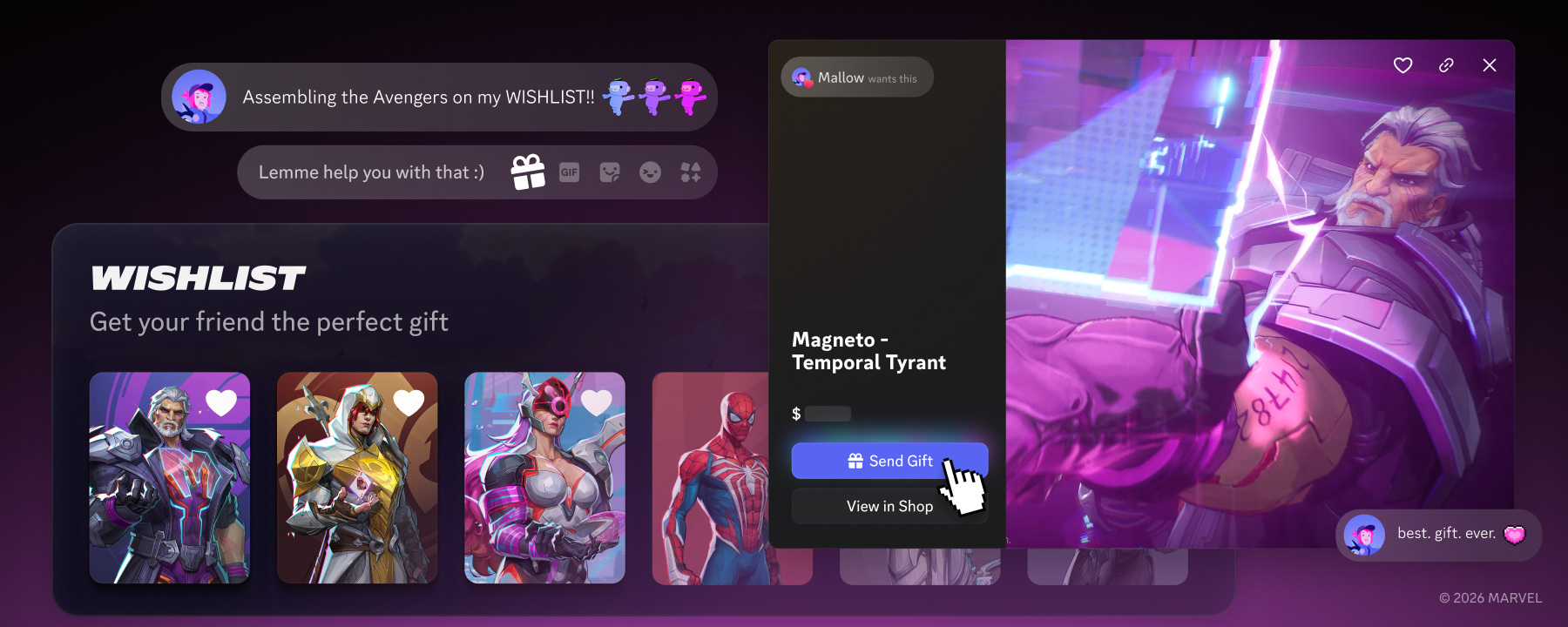
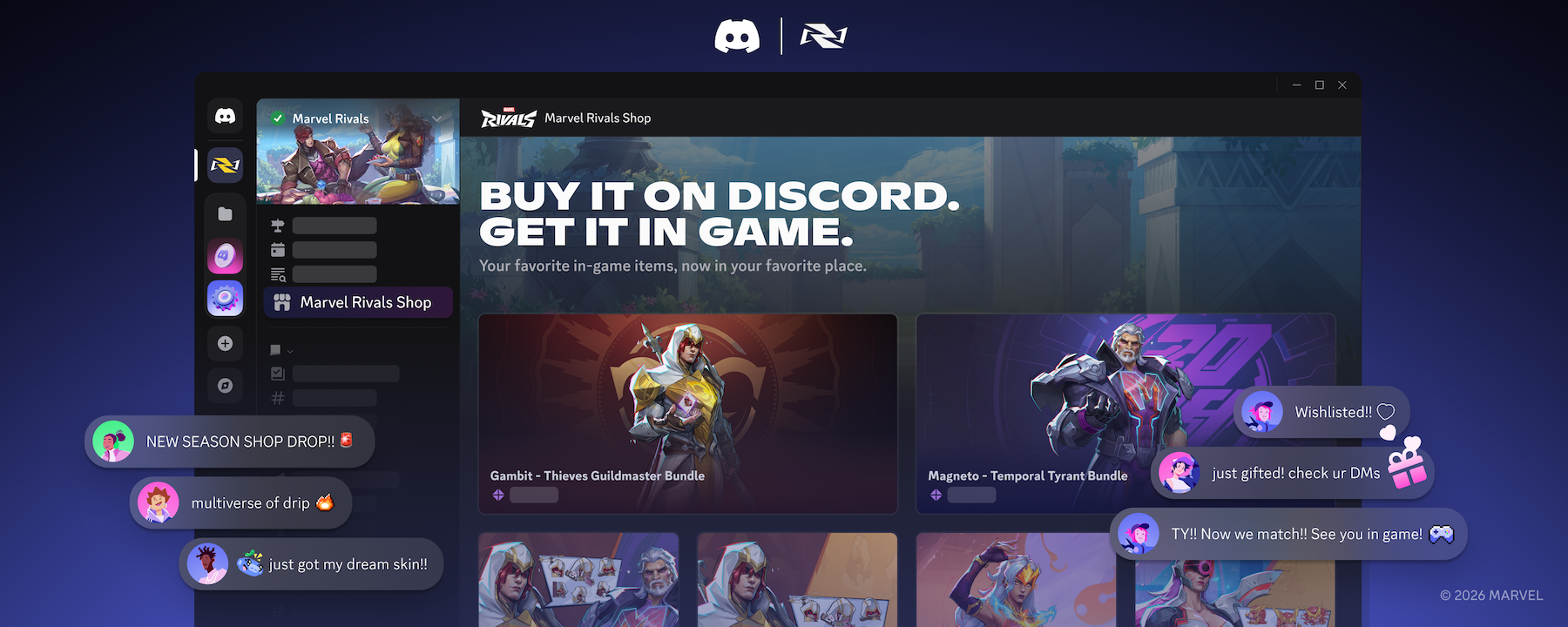

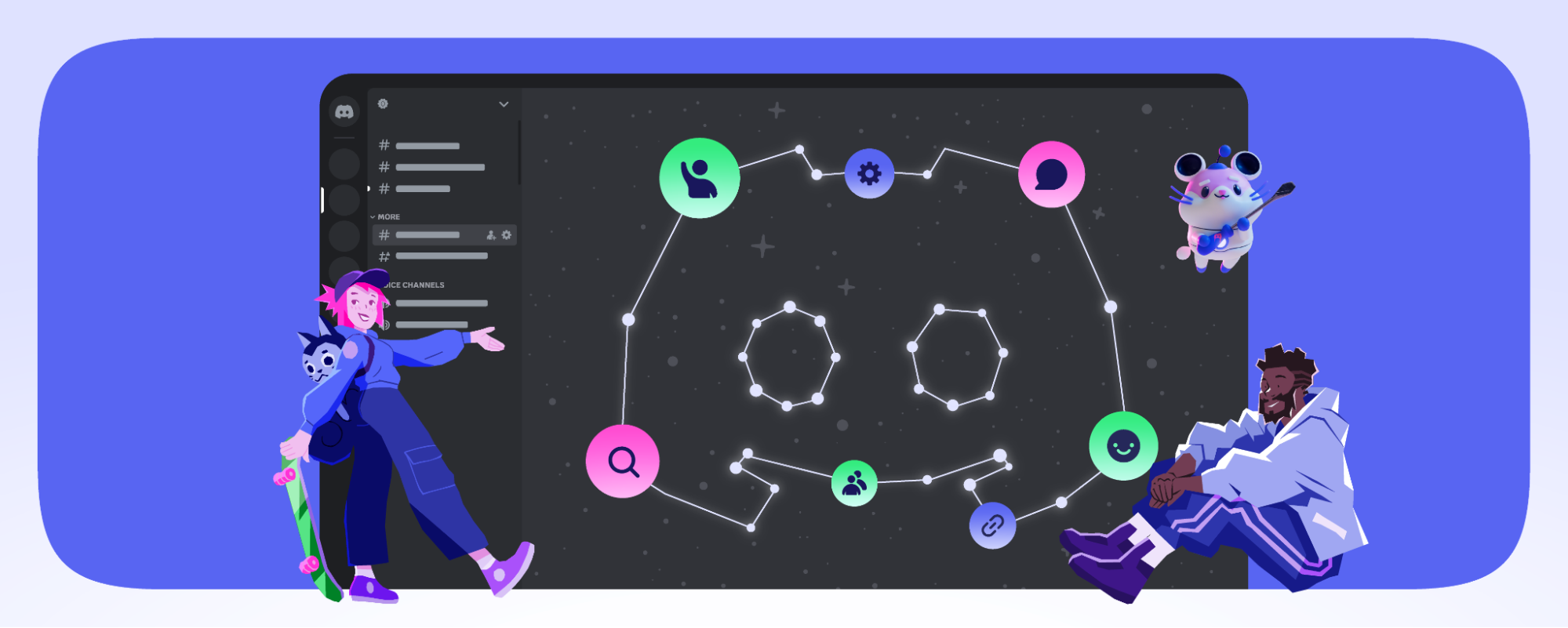

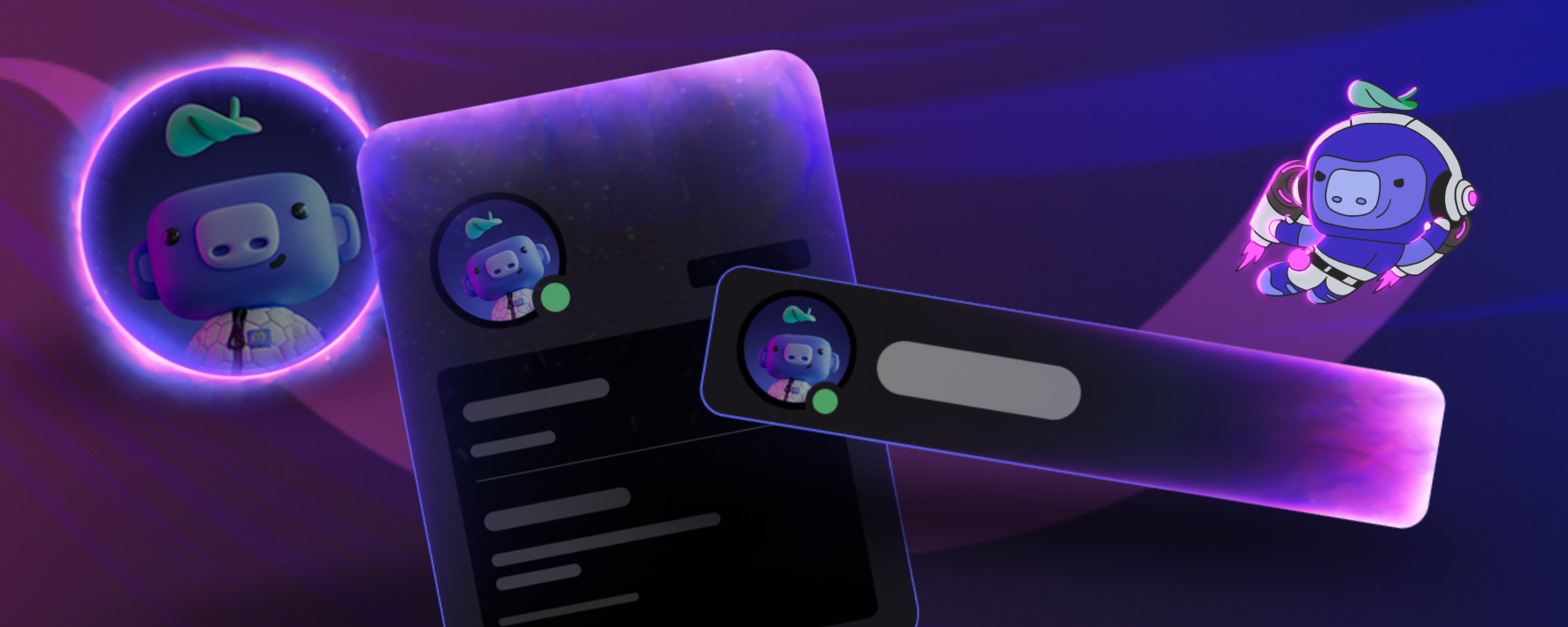
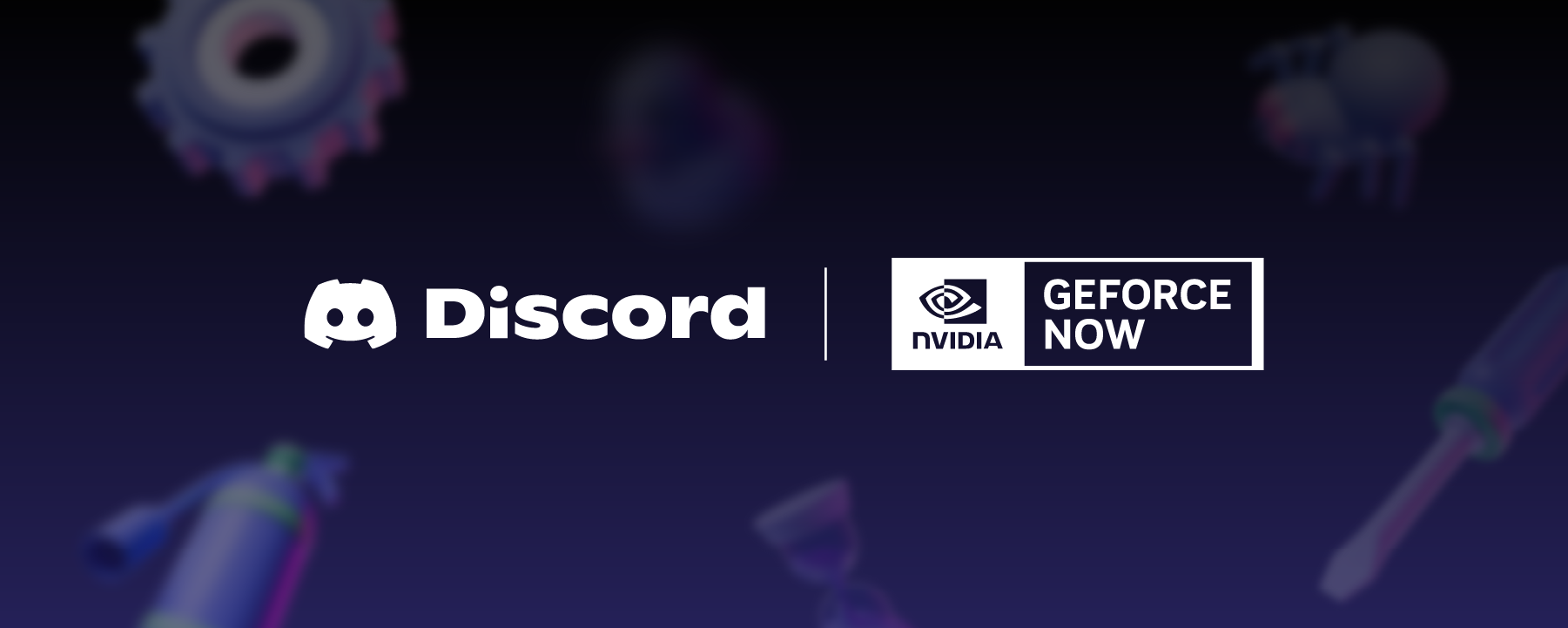








Nameplates_BlogBanner_AB_FINAL_V1.png)


_Blog_Banner_Static_Final_1800x720.png)


_MKT_01_Blog%20Banner_Full.jpg)




























.png)











.png)
















